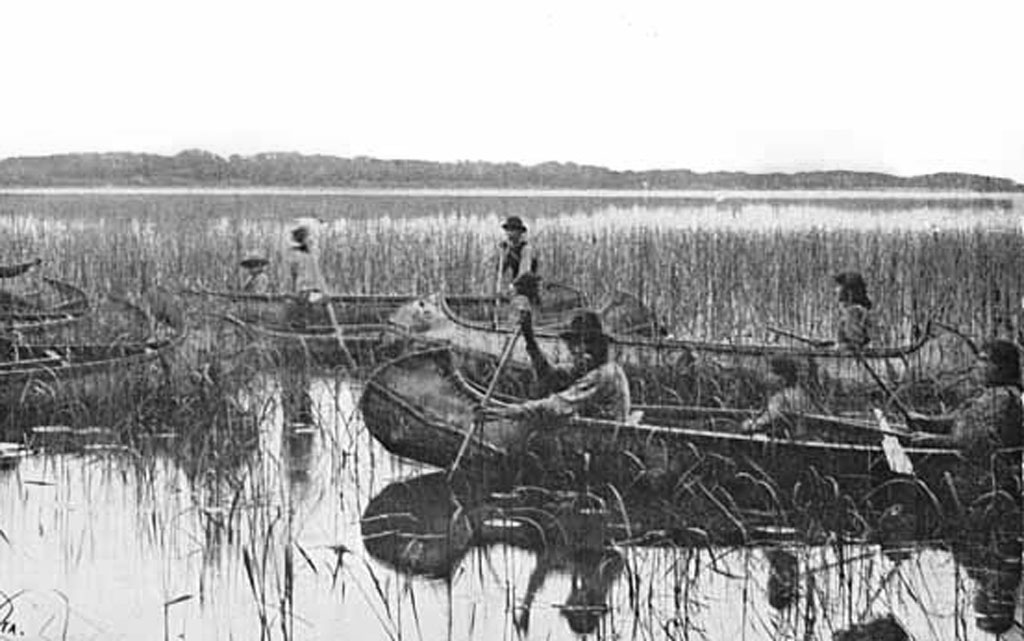The story of the Anishinaabe in Michigan is one of resilience and agency in the face of systemic challenges. This webinar delves into the historical and contemporary struggles of the Anishinaabe as they navigated settler tactics aimed at restricting access to their ancestral lands. These efforts evolved into state environmental laws that further marginalized the Anishinaabe by disregarding their treaty rights throughout the 20th century.
Join us as we examine the geographic strategies employed during this critical era and their lasting impact on Anishinaabe communities today. Attendees will gain valuable insights into the enduring legacy of these policies and the pivotal role of Tribal sovereignty in protecting their ancestral homelands.
 Natasha Myhal. An enrolled member of the Sault Ste. Marie Tribe of Chippewa Indians, Dr. Natasha Myhal is a Provost’s Fellow – Assistant Professor of Indigenous Environmental Studies at Ohio State University, where she also holds an affiliation with the American Indian Studies Program. As a critical Indigenous studies scholar, she engages in the nexus of colonialism, ecology, and treaties as they foreground more-than-human relatives as a resource, threated species, and ancestor.
Natasha Myhal. An enrolled member of the Sault Ste. Marie Tribe of Chippewa Indians, Dr. Natasha Myhal is a Provost’s Fellow – Assistant Professor of Indigenous Environmental Studies at Ohio State University, where she also holds an affiliation with the American Indian Studies Program. As a critical Indigenous studies scholar, she engages in the nexus of colonialism, ecology, and treaties as they foreground more-than-human relatives as a resource, threated species, and ancestor.
Natasha obtained her Ph.D. at the University of Colorado Boulder in Critical Ethnic Studies with a certificate in Native American and Indigenous Studies. She works at the cusp of Tribal natural resource management and climate change. Her research explores issues of the inherent responsibilities of Tribal sovereignty and self-determination, community-centered relational ways of knowing, and unique ecologies of Tribal restoration programs.
